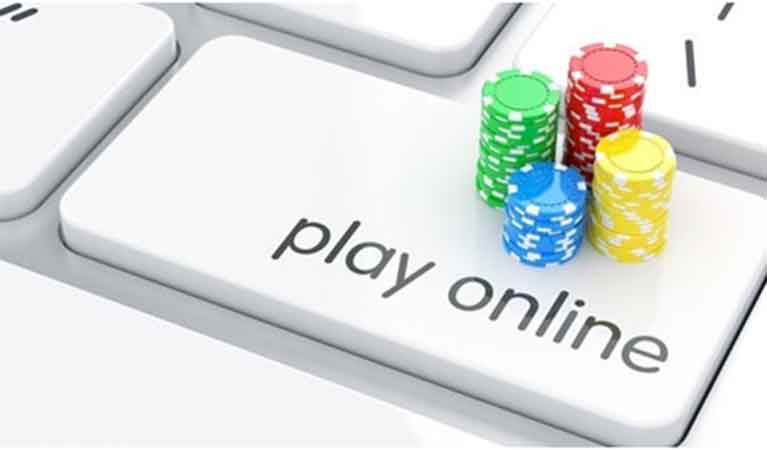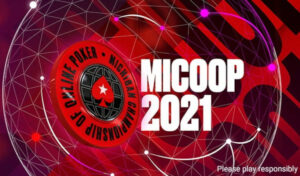Gamblers from the state of Michigan are likely to be able to gamble legally thanks to a bill that was among the last to receive a green light from the state’s legislature on Thursday, December 21. After passing the Michigan State Senate, the House Bill 4926, which was proposed by Rep. Brandt Iden and seeks to effectively license real money online poker and casino games in the state, will now be taken back to the House for approval (hopefully).
Even so, Governor Rick Snyder’s signature will still be required. This could be the huge breakthrough step that online gaming fans have been waiting for and if it goes through it would effectively pave the way for real money online poker games in Michigan in the 2020 calendar year. That last step that the bill is currently in is still far from a certainty, but the eleventh-house push implies that the odds that it will be passed will be pretty high. The general idea here is that the bill wouldn’t have gotten voted at the Senate if the odds of getting through the House were low.
House Bill 4926 has lingered on the calendar for a very long time before it was taken up by the Senate Committee on Government Operations on December 20. Supposedly, one of the reasons it has come this far is because it represents a mature effort to legalize online poker as well as online casino games such as blackjack and slots. The committee then amended the proposed legislation before putting it up for a vote which came overwhelmingly in favor of passing the bill by a margin of 33 to 5. Now, the legislation is headed to the House which is expected to pass the amended version before it is finally signed into law by the state’s governor.
What It Entails
House Bill 4926 would allow people aged 21 and above to register with one of the three Michigan-based casinos in Detroit as well as 23 tribal casinos across the state. These people would then be allowed to gamble from the websites of these casinos. Once these go live, it is anticipated that they will bring in millions in revenues for both the state and the gaming operators.
Also included in the bill is an 8 percent tax that is associated with interactive gaming – at least 30 percent of the revenues that will be generated in Detroit will go back to the city while the balance tax revenue will be channeled towards the Michigan Internet Gaming Fund, a new division that will be established by the Michigan Gaming Control Board and will be tasked with overseeing the state’s online gaming industry.







